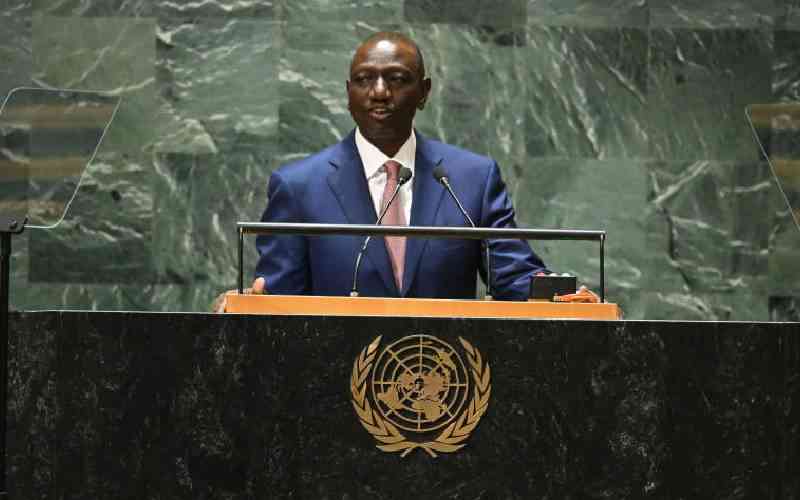
Though President William Ruto was initially seen as a diplomatic novice and someone who was on a mission to outshine his predecessor, President Uhuru Kenyatta, on the international scene, his diplomatic playbook so far has echoes of the same unyielding tactics that helped him win the Kenyan presidency in 2022.
A consummate dealmaker, Ruto is rapidly shaping up to be a man with as many international allies as he does friends in domestic politics. This fact has already thrown up its fair share of challenges. Shortly after his inauguration, President Ruto's official Twitter account sparked confusion regarding Kenya's stance on the Sahrawi Arab Democratic Republic (SADR), necessitating the prompt deletion of the tweet. Moreover, citing concerns of a conflict of interest, Sudan has rebuffed Ruto's mediation efforts to resolve its protracted civil conflict.